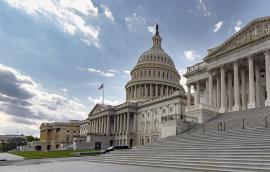Russia’s Use of the “Energy Weapon” in Europe
This brief quantifies the potential exposure of key European countries to Russian gas price and supply manipulation, shows how Moscow has used energy as an instrument of coercive diplomacy since the early 1990s, and briefly assesses the impacts and future policy implications of Russian entities’ past use of the “energy weapon” in and near Europe.
Although it has not been widely successful to date in the former Soviet zone, Russia's use of the energy weapon against Western European countries in various forms still constitutes a strategic threat that warrants close attention from policymakers in Washington and throughout Europe, writes fellow Gabriel Collins.
Gabriel Collins July 18, 2017






